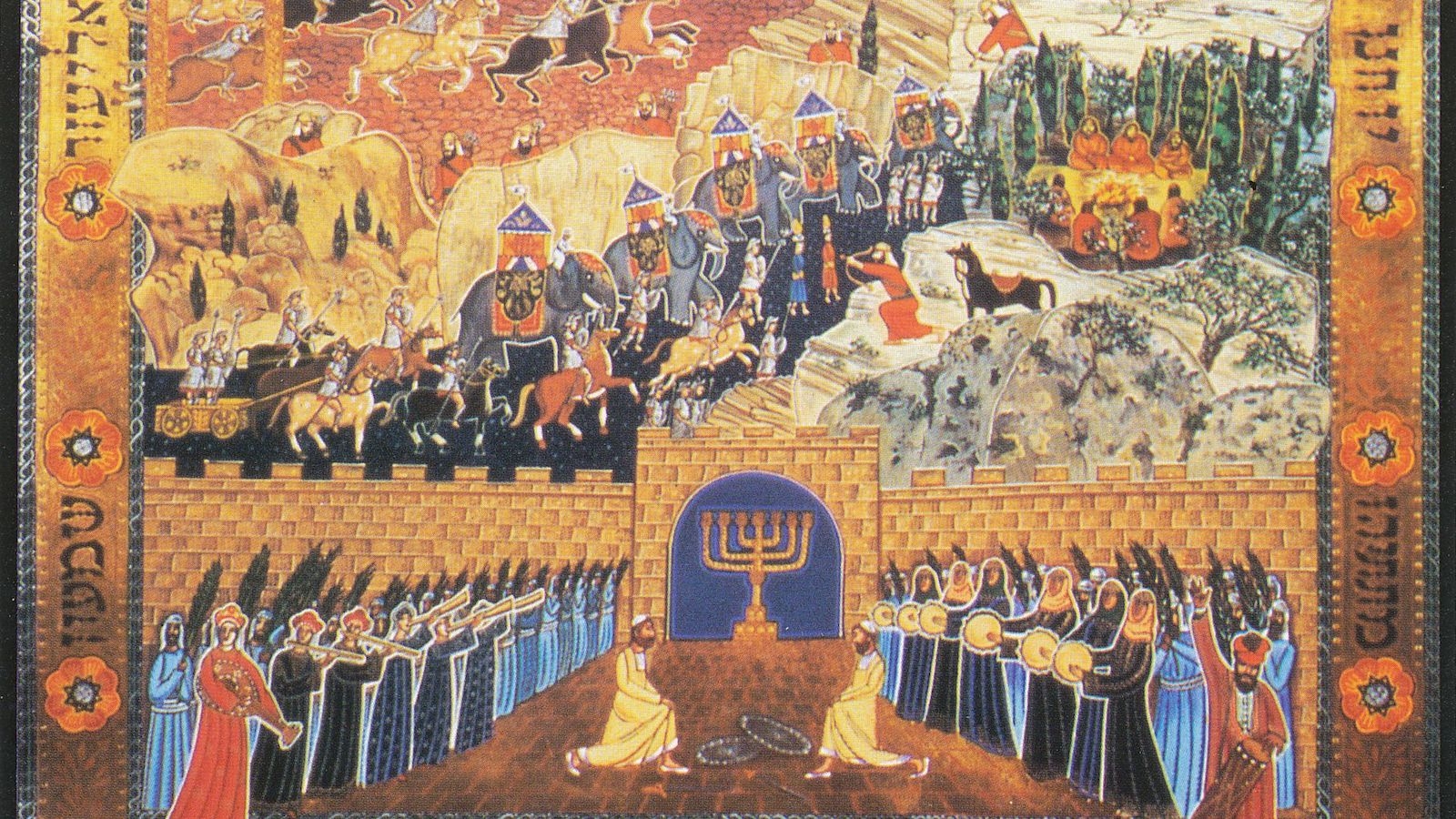Purgatory is like a waiting room. There might be some punishments . But only to smooth over those rough edges. A purification process. None of us are gonna be perfect when we depart this life. I'm thinking I'm a long way off Heaven actually. That will need Holiness with a capital H. Which I lack for sure.
Call me delusionally arrogant, but I honestly don't think God is going to send me to Hell. I try to repent daily.
No one is sure Hell exists anyway. It's more in the dark recesses of out terrified minds. Thinking a sadistic God would let us suffer eternally. I don't buy that.
Heaven or union with God, is a long way off for me and possibly many people.
This message might annoy some. Sorry about that.
I found this one day searching about purgatory. I do have the Jerusalem Bible that has the books of Macabbes in it and read the scriptures.
2 Macabbes is where Catholics get their idea of a purgatory and that everyone will go to be with Christ when He returns. There is no purgatory as this is just something that man dreamed up and is not of God. In Psalms 88 we see Heman was asking God these three questions in vs. 10-12 as he was sore plexed in approching his own death and was not sure that he would escape the wrath of God in judgement and was wondering if those who died who are in the grave could hear Gods voice. Psalms 6:5; Hebrews 9:27; Matthew 8:21,22; 2 Corinthians 5:8-11; Revelation 14:13 are just for a few scriptures all state the grave is a place of unconscienceness where there is no memory and souls are not capable of anything as it is dark silence waiting that of Gods judgement at the end of time when Christ returns and separates the sheep from the goats. They have no knowledge, no comfort, no praise of God, and most assuredly, no power of intercession.
2 Macabbes 12:38-45 Judas Maccabaeus is speaking about the sacrifice for the fallen who were found to have pagan idols on them when they died and this was the reason for their death as it is against God to have such idols in ones posession. It was clear to everyone why these men lost their lives. All of them blest the Lord and gave themselves to prayer begging that the sin commited by those who died would be blotted out. Judas urged the people to keep themselves free from sin, seeing with their own eyes the effects of the sin of those who had fallen. Judas then took a collection of money and sent it to Jerusalem to have a sacrifice for sin offered. although a fine and nobel action in which he took full account of the resurrection. For if he had not expected the fallen to rise again it would have been superfluous and foolish to pray for the dead. Whereas if he had in view the splendid recompense reserved for those who made a pious end, the though was holy and devout. This was why he had this atonement sacrifice offered for the dead so that they might be released from their sin.
Why the Books of Maccabbees are not part of the Hebrew Bible

www.myjewishlearning.com
This is where the Roman Catholic Church came up with the concept of purgatory. Hopefully this will clear some things up we have been discussing. Also here is a good website that explains why the two books of Maccabees are not found in the KJV Bible
Why the Books of Maccabbees are not part of the Hebrew Bible

www.myjewishlearning.com
Jerusalem Bible
2 Maccabees 12:38-45
The sacrifice for the fallen
12:38 Judas then rallied his army and moved on to the town of Adullam, and since the seventh day of the week had arrived they purified themselves according to custom and kept the sabbath in that place.
12:39 The next day they came to Judas (since the necessity was by now urgent) to have the bodies of the fallen taken up and laid to rest among their relatives in their ancestral tombs.
12:40 But when they found on each of the dead men, under their tunics, amulets of the idols taken from Jamnia, which the Law prohibits to Jews, it became clear to everyone that this was why these men had lost their lives.
12:41 All then blessed the ways of the Lord, the just judge who brings hidden things to light,
12:42 and gave themselves to prayer, begging that the sin committed might be fully blotted out. Next, the valiant Judas urged the people to keep themselves free from all sin, having seen with their own eyes the effects of the sin of those who had fallen;
12:43 after this he took a collection from them individually, amounting to nearly two thousand drachmae, and sent it to Jerusalem to have a sacrifice for sin offered, an altogether fine and noble action, in which he took full account of the resurrection.
12:44 For if he had not expected the fallen to rise again it would have been superfluous and foolish to pray for the dead,
12:45 whereas if he had in view the splendid recompense reserved for those who make a pious end, the thought was holy and devout. This was why he had this atonement sacrifice offered for the dead, so that they might be released from their sin.






